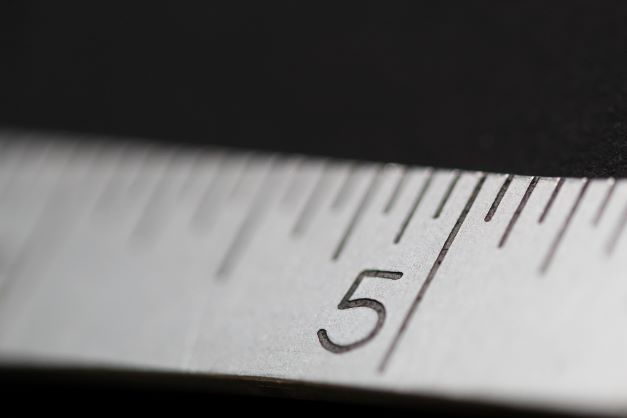
Thoughts
You and I have finite minds. When we try to understand what's going on, we have to aggregate things.
In your company, you can't keep track of every individual invoice. You have to aggregate all those up to have receivables, payables, and revenues.
You can't keep track of every element of cost. You have to aggregate all that up into total cost categories; then, you subtract that from this to get a number. Then we'll look at that number compared to last year's number. If it's better, we say we're doing better.
Because we have limited minds, we have to aggregate things up. That's the way we look at the world because of our minds. That's the way we try to understand the world.
Discovery 1 - The big deal

This way of looking at the world has an interesting effect on us. Because we have to aggregate, we get a sense of hierarchy in the world. In other words, people who are higher up in larger organizations are more important than people who preside over fewer numbers people and fewer numbers down the road.
We get the sense that people who achieve in a hierarchical sense, their lives will be judged somehow as better having lived than those below. We sometimes measure how high we go or how successful we are by how much money we make.
These are all the results of our having limited minds and our having to aggregate measures of success. This choice of measurement is a big deal.
For example, in a company, if you measure profitability by return on net assets, it causes you to manage it in a particular way. You could be innovative, develop successful new products, take that profitability and stick it into the ratio's numerator. You can also reduce the denominator of the ratio by outsourcing everything.
Similarly, suppose you measure profitability on innovation in terms of internal rate of return. In that case, you could get the ratio up by being successful with innovation, but you also could get that measure up by only investing in short-term projects.
In the end, this choice of measurement causes us to develop our company successfully.
Discovery 2 - How do I measure the success of my life?

God doesn't employ accounts because he has an infinite mind. He doesn't have to aggregate up above the level of individual people to understand what's going on in this world.
I imagine when I have my interview with God at the end of my life, he's not going to show me how high I went into anybody's organizational chart or how much money I left behind in the bank when I died, but instead he's going to say:
"Oh dear, I put you in that circumstance. Now, can we talk about the individual people whose lives you help become better people because you worked with them, or they were members of your family, or you just met them, and they needed your help. And then, I stuck you in this situation. Let's talk about the individual people whose lives you blessed because you use the talents I gave you to help them."
And I realized that that's the way God will measure my life. It is the individual people whose lives I blessed.
It's important that you succeed at what you're succeeding at, but that isn't going to be the measure of your life. God doesn't count; he doesn't aggregate. He's just going to assess you based on how well you helped other people be better.
I hope that some of these ideas will be helpful to you and that you all will be successful in the way that God will measure success.
Takeaways
I will end this post by giving you, my reader, a question.
Can you predict what will happen in your life if you continue to do what you are now doing?